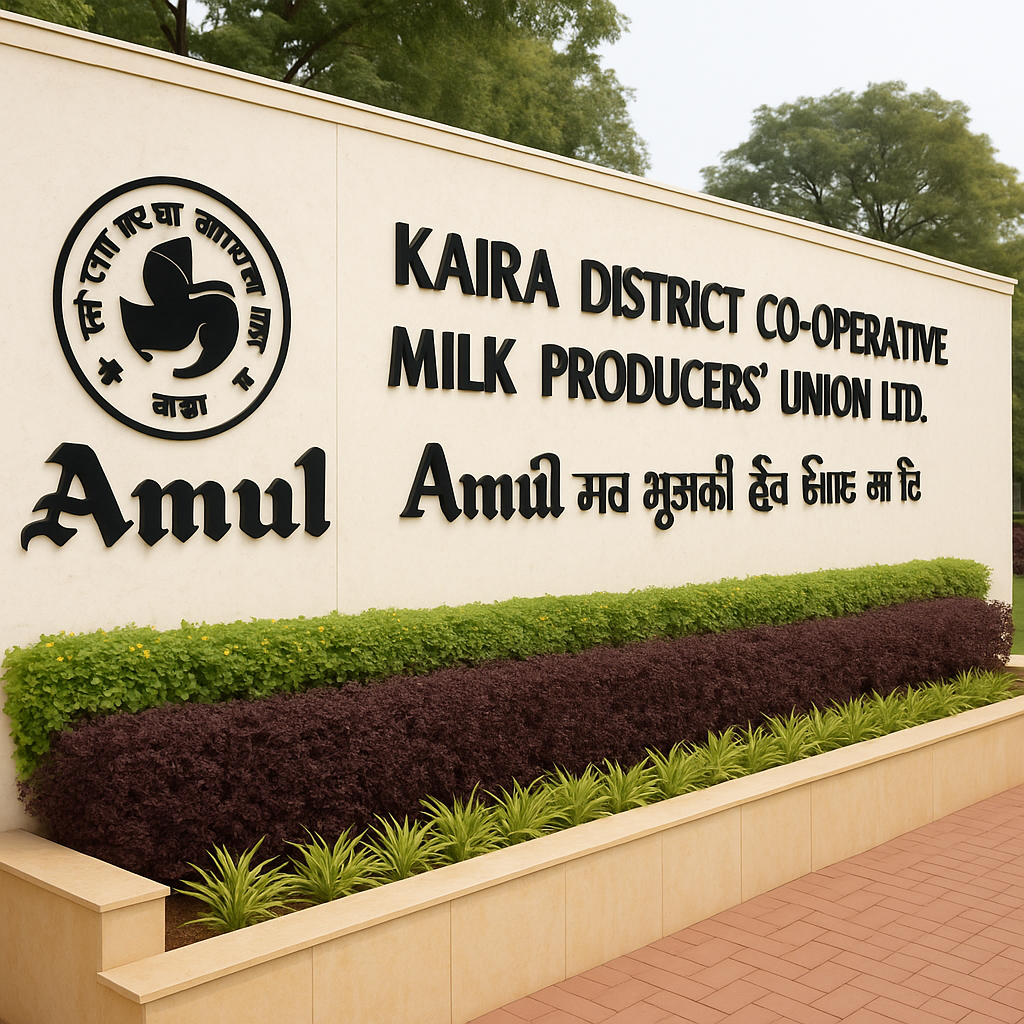“From Grassroots to Greatness: Amul’s Journey of Empowering India’s Farmers”: Employment Generation and Market Leadership
In a time of rising unemployment and rural distress, the dairy sector stands out as a key opportunity for inclusive job creation. According to R.S. Sodhi, Managing Director of Gujarat Co-operative Milk Marketing Federation Ltd. (Amul), the Indian dairy industry is poised to generate 1.2 crore new jobs over the next decade. India currently accounts for 21% of global milk production, with its domestic milk market growing at 5% annually, far surpassing the 1.8% global average.
Despite its global potential, Amul has strategically chosen not to invest overseas, recognizing the immense opportunities and growth trajectory within India itself. The sector is expected to grow from $30 billion to $110 billion in the coming decade, underlining its transformative potential.
Key Success Factors
-
Three-Tier Cooperative Model: Empowering Farmers at the Grassroots
Amul’s robust cooperative framework—comprising village-level dairy societies, district unions, and state federations—empowers over 3 million farmers by giving them direct ownership and control. This model ensures that wealth creation is equitable and sustainable at the rural level. -
Iconic Branding: Relevance Through Consistency
The beloved “Amul Girl” has been a cultural touchstone for over five decades, keeping the brand visible and relevant through witty, socially aware campaigns that resonate with the public. -
Product Diversification: Catering to Every Household
From everyday essentials like milk and butter to premium offerings like lactose-free products and artisanal cheeses, Amul serves a diverse consumer base, helping the brand stay resilient amid changing market demands. -
Affordable Pricing: Inclusive Quality
Amul’s pricing philosophy ensures that high-quality dairy products remain affordable across income groups. This commitment has helped it become a staple in millions of Indian households. -
Resilience and Adaptability: Navigating Change with Stability
With a strong backend supply chain and community-driven approach, Amul has successfully navigated challenges such as fluctuating milk prices and evolving consumer behavior, maintaining a steady growth trajectory and exploring international expansion.
Key Learnings from Amul
-
Trust and Quality are Cornerstones: Amul’s credibility is built on decades of delivering consistent quality at fair prices.
-
Innovation in Branding Sustains Engagement: Its dynamic yet consistent marketing strategy has made it both iconic and relatable.
-
Empowerment Drives Scale: Amul proves that giving farmers ownership and agency can scale both social impact and business success.






